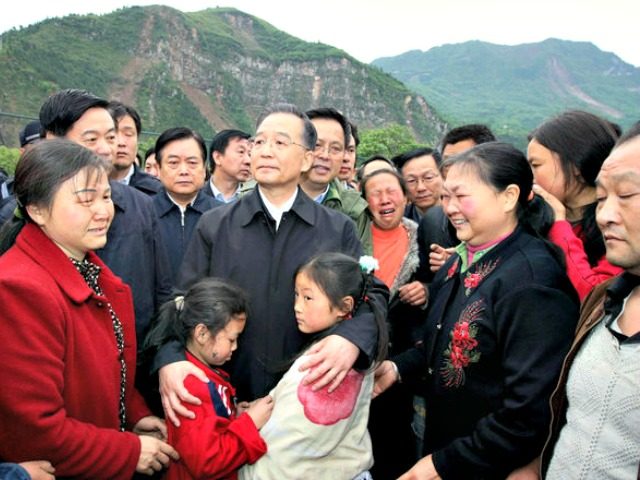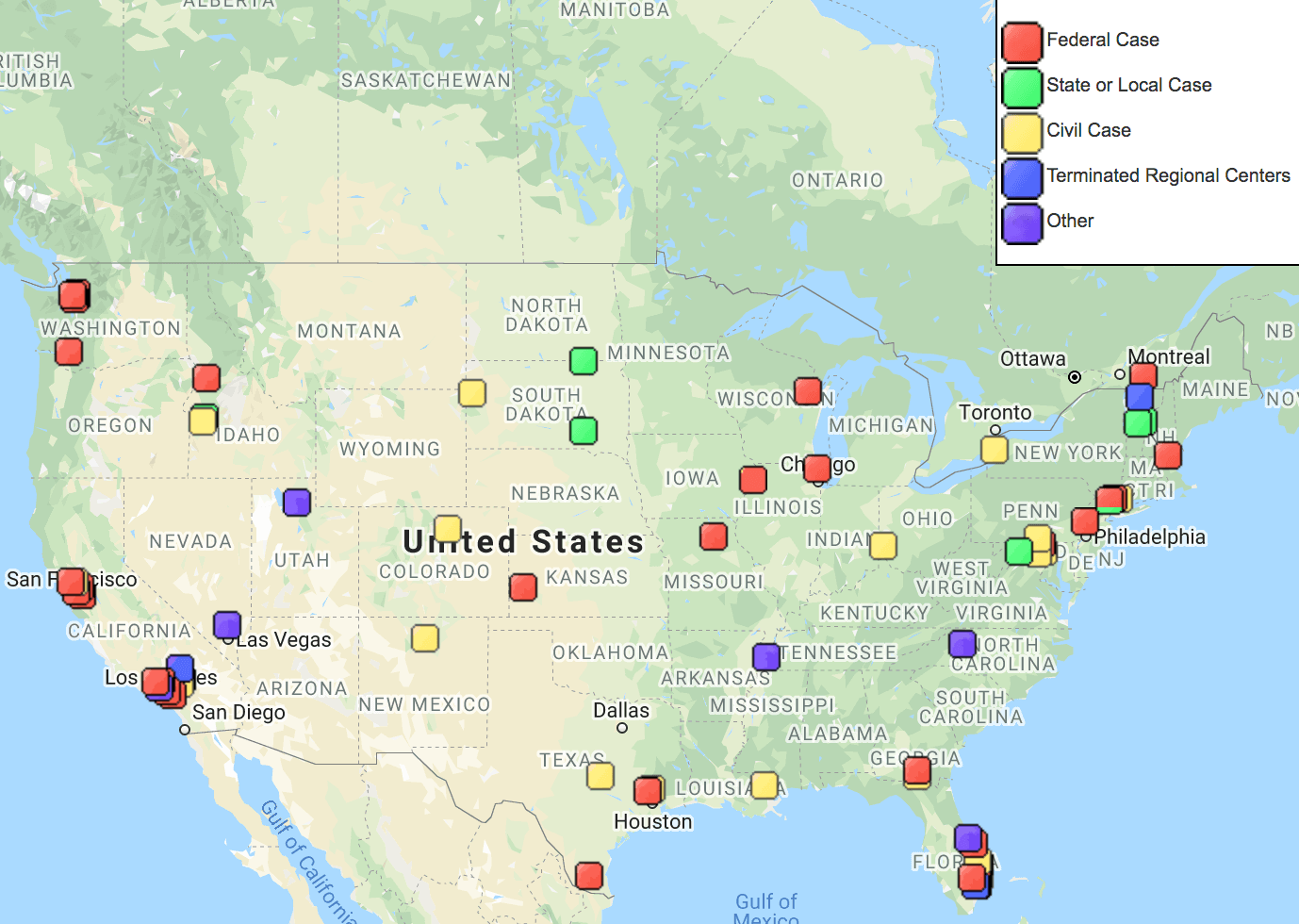A supposed plan by Sen. Lindsey Graham (R-SC) would reward more of China’s elite to essentially buy American citizenship for themselves and their families with the promise of investing in U.S. cities.
Under the EB-5 visa, wealthy foreign nationals can claim that they will invest at least $500,000 and thus receive Green Cards for their family for at least two years, with pathways to American citizenship available as well. The only requirement is that the EB-5 investor creates ten U.S. jobs and help revitalize “distressed” areas, though more often than not investors fund projects in wealthy zip codes.
Currently, 10,000 foreign nationals and their families are allowed to enter the U.S. every year on the EB-5 visa. The overwhelming majority of EB-5 visas are rewarded to China’s elite — driving a migration of rich Chinese to cities across the country.
The plan is afoot even as President Trump’s administration is considering action against China for allowing the coronavirus to spread across the globe.
“Increasing Chinese immigration to the United States seems like an odd thing to put in a #COVID19 recovery bill,” Rep. Matt Gaetz (R-FL) said in response to reports of increasing EB-5 visa admissions. “Right?!”
The Center for Immigration Studies (CIS) has mapped out the ever-growing list of scandals and corruption in the EB-5 visa program where wealthy foreign investors have been known to never follow through on their promise to invest.
In a 2015 scandal, the Justice Department brought charges against EB-5 recipient Sang Ah Park — the daughter-in-law of former Southern Korean President Chun Doo-hwan — after a corruption-traced investment was made into a Philadelphia, Pennsylvania project.
A 2017 case alleged that EB-5 recipients Edward and Jen Chen “diverted many millions of dollars away from EB-5 investments for their own personal use” in Los Angeles, California.
In a famous case, as CityLab noted, New York City’s Hudson Yards was funded by EB-5 investors who raised more than a billion to develop the giant construction project on expensive Manhattan’s West Side:
Hudson Yards, of course, is nobody’s idea of distressed. Located at the source of New York’s High Line, it’s the most expensive real-estate project in U.S. history. It could not possibly qualify as distressed under the terms of the program, or any understanding of the word. In order to buy EB-5 visas at the lower rate ($500,000), immigrant investors must put their money behind projects in areas with high unemployment—a proxy for need. [Emphasis added]
Manhattan’s West Side may not suffer for lack of opportunity, but, as Kimmelman notes, New York real estate is a realm for Kurosawa-esque visionaries. The Related Companies, the developer behind Hudson Yards, raked in at least $1.2 billion in EB-5 funds for this project. To qualify, Related needed a work-around to bypass the distressed-area requirements—a pass that New York authorities were happy to issue. [Emphasis added]
In 2018, the U.S. rewarded nearly 8,000 wealthy foreign investors and their family members with green cards. Between 2014 and 2018, the federal government gave EB-5 visas to about 43,130 wealthy foreign investors and their family members who can secure American citizenship after five years of living in the U.S.
John Binder is a reporter for Breitbart News. Follow him on Twitter at @JxhnBinder.


COMMENTS
Please let us know if you're having issues with commenting.